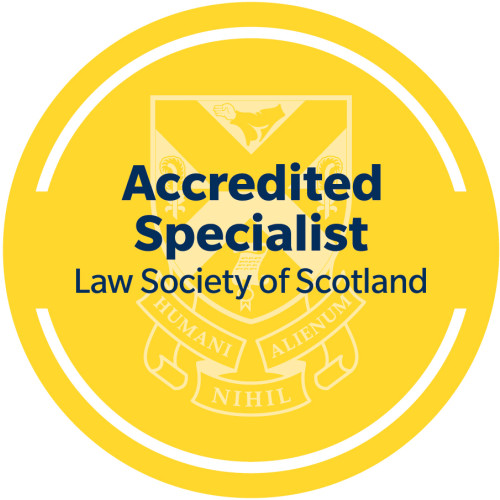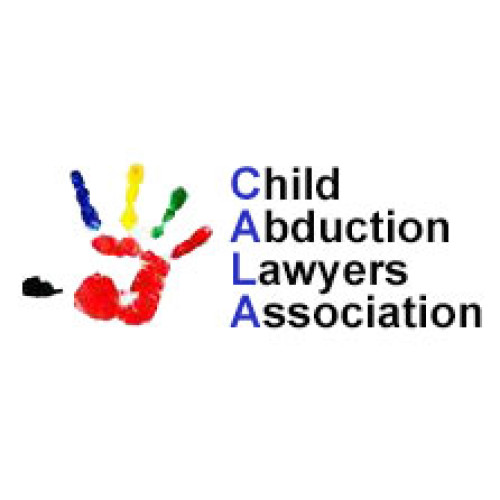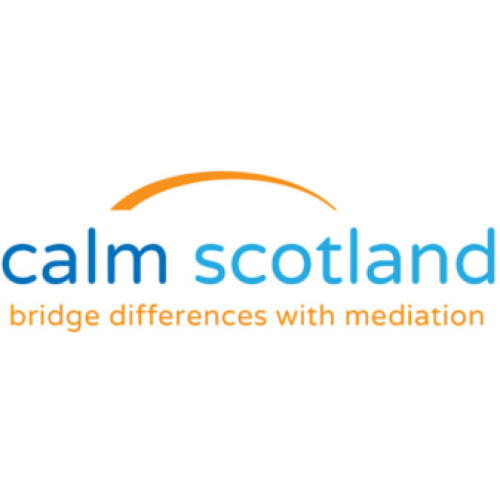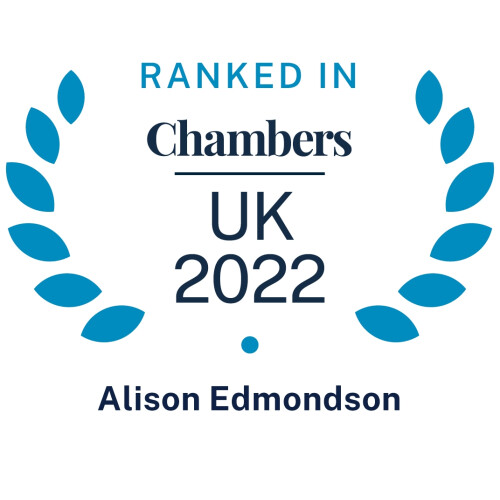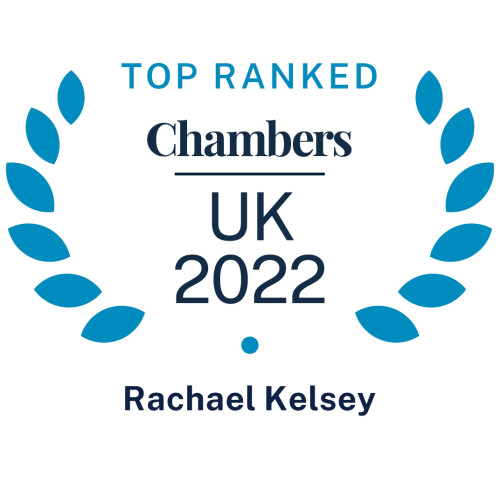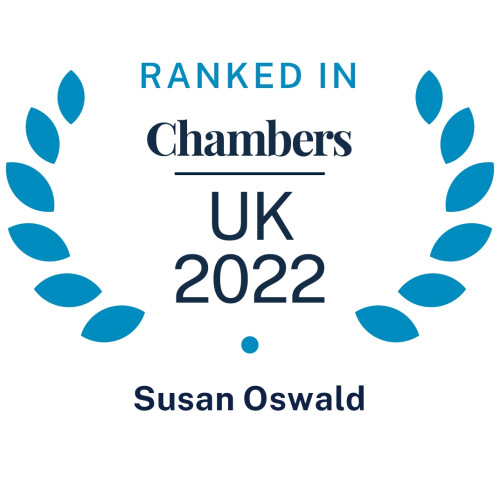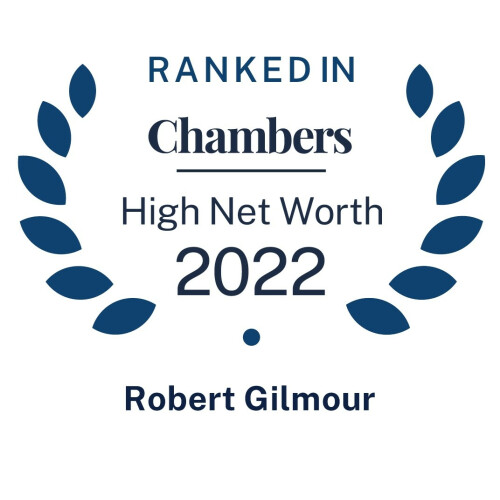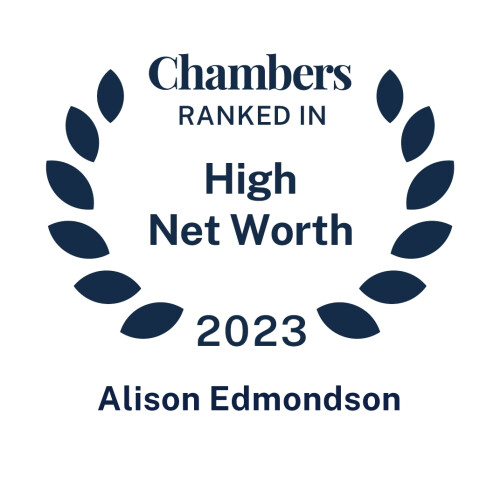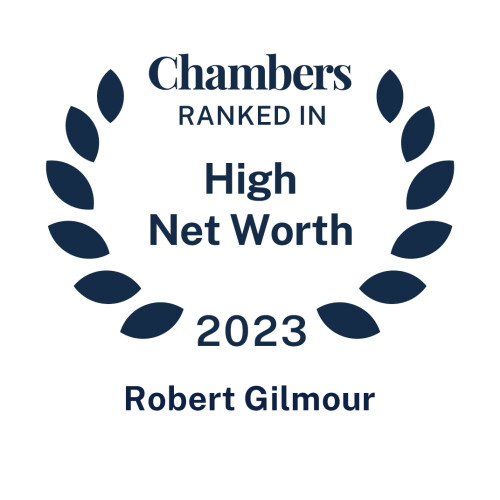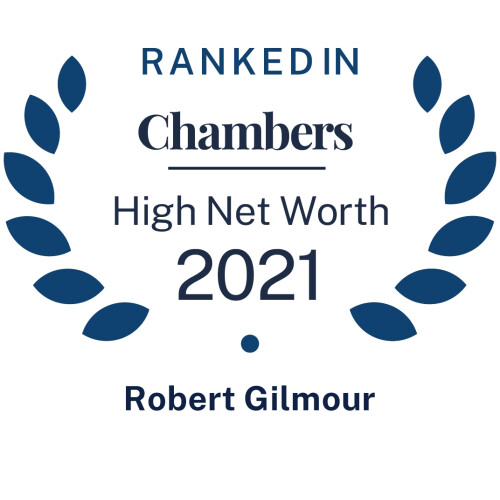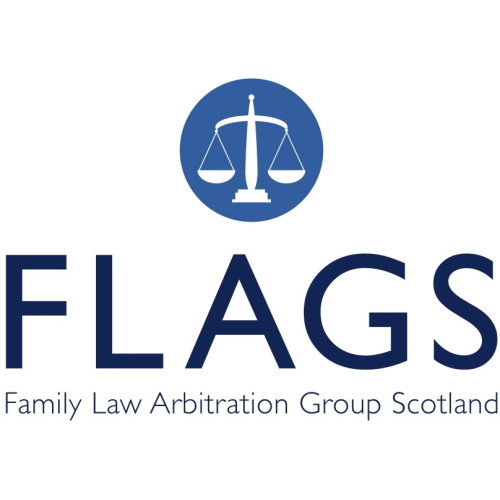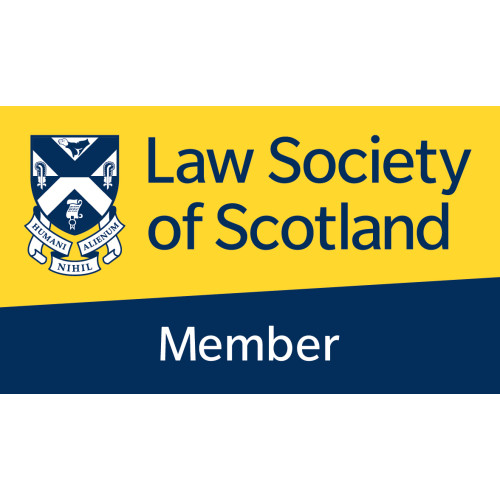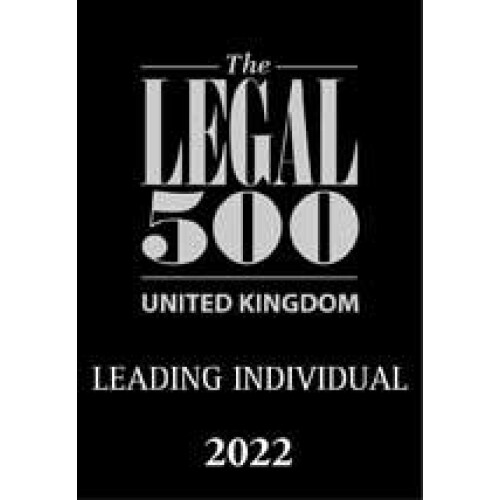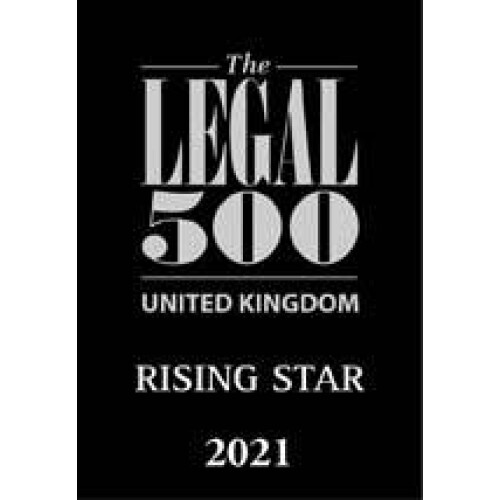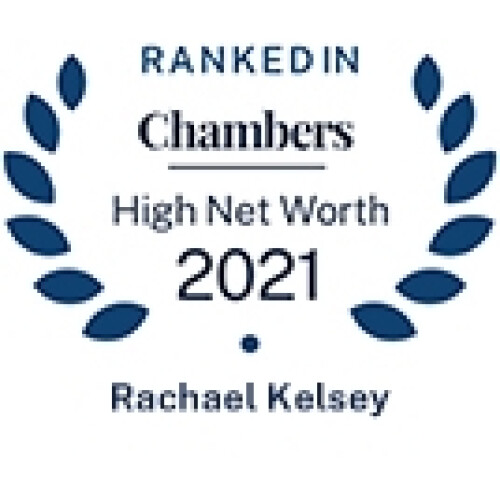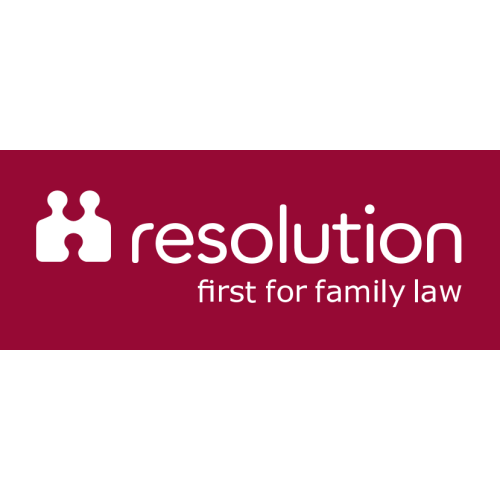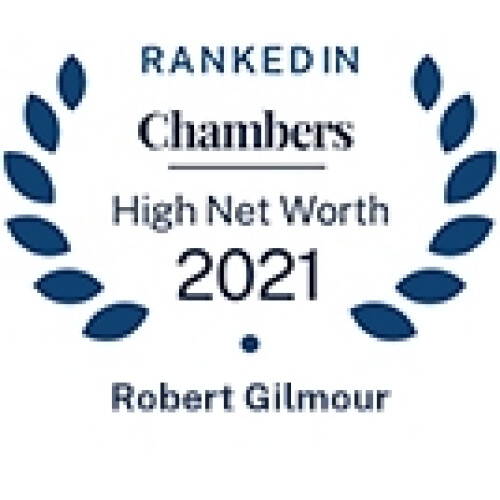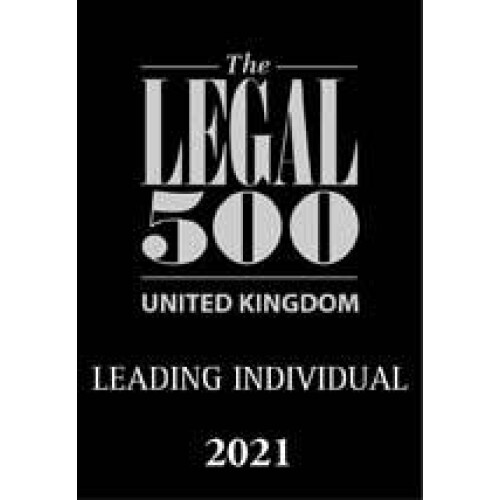Most family law arbitrators in Scotland
13th February 2015
We’re delighted to report that Robert Gilmour and Jenny Maciver have successfully completed the rigorous training required to become FLAGS Family Law arbitrators. This brings the number of arbitrators at SKO to four- more than any other practice in Scotland.
Who are FLAGS?
There are now over 40 FLAGS arbitrators in Scotland including former members of the judiciary, counsel and solicitors.
What is FLAGS arbitration?
The FLAGS model provides another dispute resolution method in family law cases- in arbitration parties select their own ‘private judge’, or arbitrator, and they are in control of the issues to be determined. They can agree a fixed fee and timescale for the whole process. This makes arbitration ideal for situations where the couple want to avoid the expense and uncertainty of a public, lengthy and potentially wide-ranging court action, especially if there are discrete financial or child issues, large or small. For example, the kinds of issues that could readily be referred to arbitration, rather than being litigated, might include: if a couple can’t agree whether a child should be able to relocate to another country following separation; how much should be paid, by whom, for school fees or maintenance; whether a particular asset should be sold or not; the value to be attributed to a particular asset, right down to issues like division of household contents.
Is FLAGS arbitration going to take off?
Although arbitration in family cases is still in its infancy there is huge interest in it as a way of resolving disputes. There has been interest from across the world in our scheme. In England and Wales, where a not dissimilar scheme- IFLA- was set up around the same time as FLAGS was launched here, former English High Court Judge, Sir Hugh Bennett has said of arbitration, “In my estimation, the advantages so outweigh what are said, very inaccurately, to be disadvantages, that I confidently predict that within the near future family finance arbitration will complement the court system just as private medicine complements the National Health Service.”

